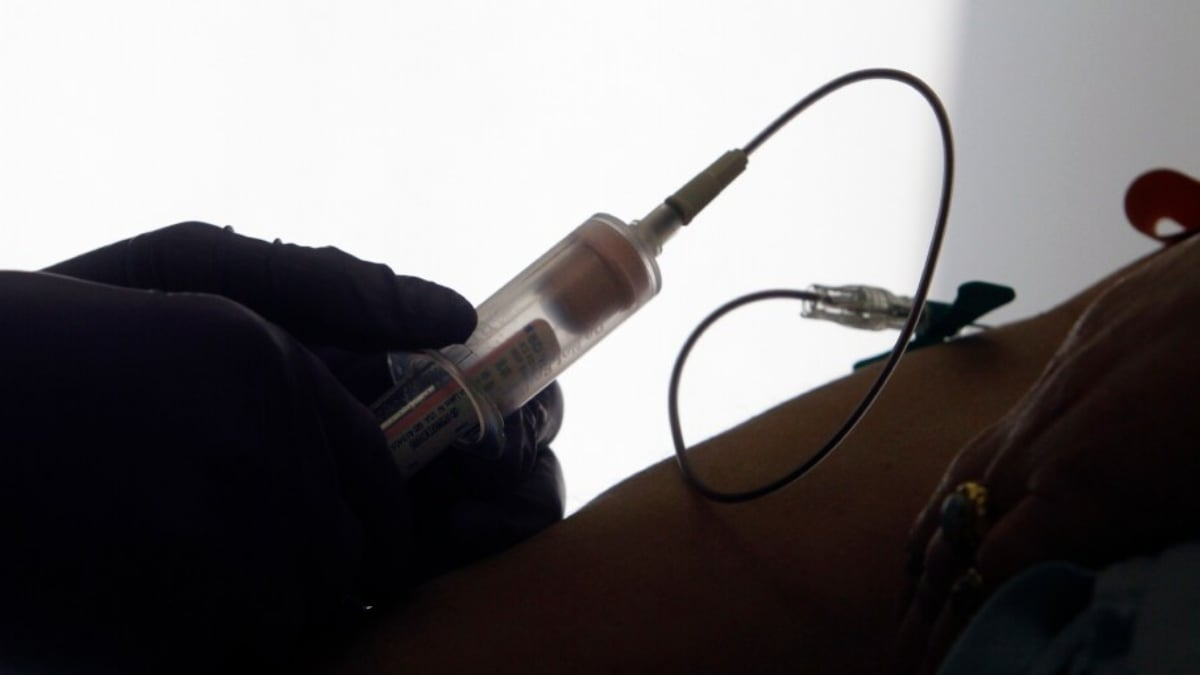Last update:
Gene editing has been the subject of research since the 1960s. (Representative image: AP)
The treatment involves altering DNA to eliminate or mitigate the risk of these diseases, an approach that has already shown promise in clinical trials.
In a groundbreaking advance in medical science, a new drug is set to revolutionise the treatment of several major diseases, including cancer, heart disease and blindness. This innovative therapy, which involves editing DNA to correct genetic abnormalities, represents the most important medical advance since antibiotics.
The British government is investing 1.7 billion pounds (about Rs 184,000 crore) in developing this drug. Initial results suggest that it not only has the potential to cure cancer, especially if detected early, but also tackle conditions such as heart disease and blindness. While the treatment shows potential to cure cancer, especially if detected early, a complete cure for blindness is yet to be confirmed. Experts predict that this breakthrough will be a landmark achievement in medical science.
The treatment involves altering DNA to eliminate or mitigate the risk of these diseases, an approach that has already shown promise in clinical trials. DNA, which contains our genetic blueprint, determines our susceptibility to various diseases. If DNA is defective, it can increase the risk of diseases such as cancer.
According to a report by the Daily Mail, some patients in the UK have successfully undergone this gene-editing treatment, with notable successes including the treatment of haemophilia B in a 31-year-old patient. Scientists predict that within the next three years, this therapy could be widely available, potentially saving thousands of lives around the world.
Professor Robin Lovell-Badge, a genetics expert at the Francis Crick Institute, described gene-editing therapy as “the medicine of the future”. If the therapy continues to prove successful, it could become a groundbreaking treatment that offers new hope and potentially restores health to millions of patients.
The National Health Service (NHS) is set to fund further research to improve the effectiveness of the therapy, with plans to make it available to millions of people around the world within the next three years.
Gene editing has been researched since the 1960s, but recent advances with the CRISPR-Cas9 system have accelerated progress. This method uses molecular “scissors” to remove and replace defective DNA, offering new hope for treating a variety of genetic disorders.












